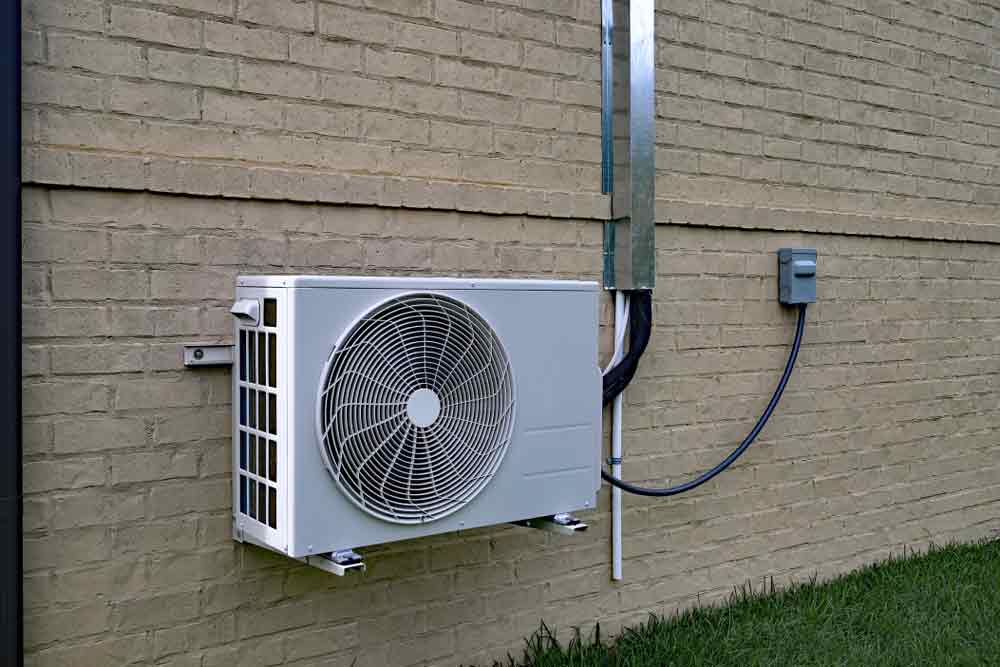Selecting the right air conditioning system for your home or office is a decision that impacts your comfort, energy consumption and property value. With various options available, understanding the differences between ducted and split system air conditioning is important. This blog will explain the specifics of each system, helping you make an informed choice.
Get Your Air Conditioning Repair Today
Understanding The Basics Of Both Systems
Ducted and split system air conditioning units serve the same primary purpose: to cool or heat spaces. However, their mechanisms and applications are different. Ducted systems circulate air through ducts in ceilings or under floors, providing a uniform temperature throughout the space. In contrast, split systems consist of an indoor unit connected to an outdoor compressor that controls temperature in designated areas.
Assessing The Space: Which System Fits Best?
- Size of the area: Larger spaces might benefit more from ducted systems due to their capacity to cool or heat areas uniformly.
- Layout: Open-plan spaces can be efficiently managed with ducted systems, while split systems can be ideal for spaces with multiple rooms or levels.
Energy Efficiency And Consumption
When it comes to energy efficiency, the type of air conditioning system you choose plays an important role. Ducted air conditioning systems help maintain a consistent temperature throughout, which can be more energy-intensive, especially if the entire area doesn’t require cooling or heating at the same time. On the other hand, split systems are often the ideal choice for smaller areas or individual rooms. Their design and functionality make them more energy-efficient for such spaces, which can lead to savings in the long run.
Installation Process And Requirements
Installing ducted air conditioning systems is more complex, often requiring significant alterations, especially in existing structures. Conversely, split systems are simpler to install, usually quicker and need fewer structural adjustments.
Maintenance And Longevity
- Ducted Systems: Require regular cleaning of ducts to ensure optimal performance and air quality.
- Split Systems: Maintenance primarily involves cleaning or replacing filters and ensuring the outdoor unit is free from obstructions.
Cost Implications: Initial And Ongoing
- Initial Costs: Ducted systems have a higher upfront cost due to the extensive installation process. Split systems, with fewer components, tend to be more affordable initially.
- Ongoing Costs: Ducted systems may cost more to maintain, but with proper care, they can last longer, balancing out the expenses.
Ducted Vs Split System Air Conditioning: An Overview
Feature/Aspect
Ducted Air Conditioning
Split System Air Conditioning
Coverage Area
Whole property
Specific rooms or zones
Energy Consumption
Higher for large spaces
Efficient for smaller areas
Installation Complexity
Requires ductwork, more invasive
Less invasive, quicker install
Maintenance
Regular duct cleaning
Filter cleaning/ replacement
Aesthetic Impact
Less visible, integrated into the structure
Visible indoor and outdoor units
Flexibility
Set the temperature for the whole property
Different temperatures for different zones
Lifespan
Longer with proper maintenance
Generally shorter than ducted units
Noise Level
Quieter overall
Noise varies by model and location of the outdoor unit
Best Suited For
Large homes or offices with open spaces
Apartments, individual rooms or smaller offices
Contact Climatech For Your Air Conditioning Needs
When deciding between ducted and split system air conditioning, consider your space and budget. Ducted systems are ideal for bigger areas but are pricier and harder to install, while split systems are more affordable and suited for smaller spaces. At Climatech, we help you choose the most suitable air conditioning option for your home and also provide installation advice. Reach out to us today to see how we can enhance your living or working environment.


Recent Comments